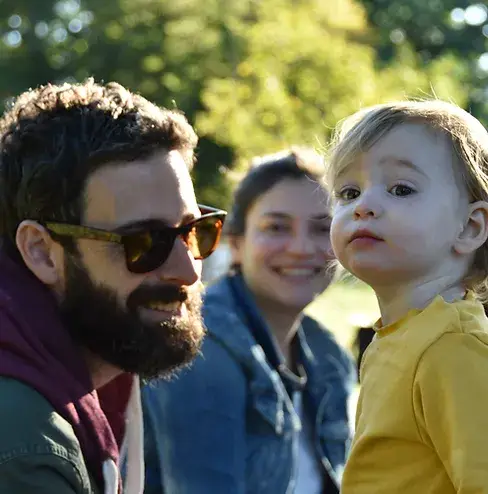Centre for Brain and Cognitive Development
Birkbeck, University of London
@OOssmy
www.oriossmy.com
Behavioural problem solving is ubiquitous across every age and culture—how to navigate a cluttered environment, use a tool, and so on. As our bodies, skills, and environments change, new problems emerge and require new means to solve them. With learning and development, children respond more adaptively and efficiently to environmental challenges and opportunities. With injury and aging, responses become less adaptive and efficient. Dr. Ossmy’s overarching goal is to understand (and intervene on) neural processes that underlie changes in behavioural problem solving.
His research is based on the working assumption that macro behavioural changes occurring over relatively long time periods—changes due to learning, development, injury, and rehabilitation—emerge from micro, real-time experiences. These real-time experiences, in turn, play out in an interactive system of perceptual, neural, cognitive, and motor processes. The efficiency of these processes and their interactions differ widely among individuals. Thus, he developed an innovative approach to understanding macro behavioural change by testing micro-interactions among components of a real-time “planning cascade” from gathering perceptual information, to processing it, and finally acting on it.
Dr. Ossmy combines interdisciplinary perspectives (development, behaviour, neuroscience, motor control, computer science, rehabilitation), recording methods (fMRI, EEG, EMG, tACS, ECoG, single-unit recordings, eye tracking, motion tracking, virtual reality, video), analytic techniques (time-series analyses, machine learning, robotics), populations (infants to elderly adults, patients), and tasks (manual and locomotor).

